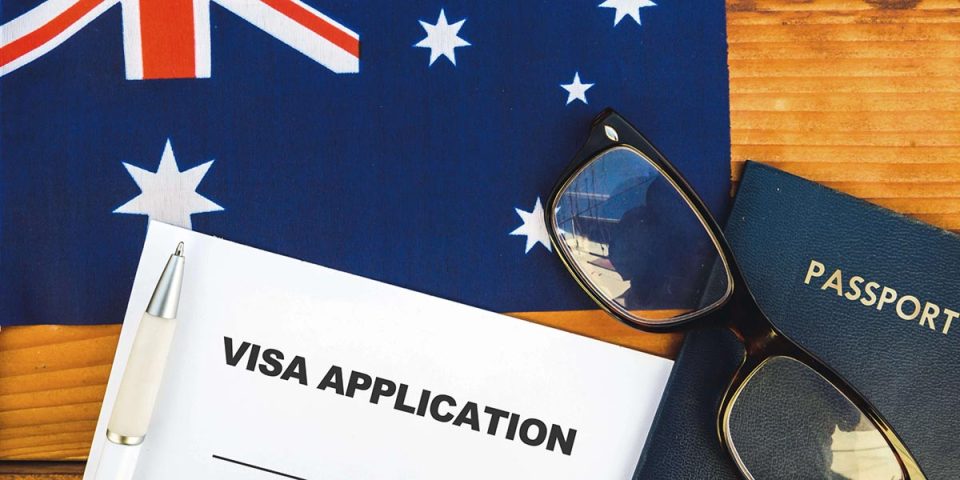Australians traveling to Thailand will soon be required to obtain an ‘Electronic Travel Authorisation’ (ETA) prior to their flight, under a new initiative by the Thai government.
The Ministry of Foreign Affairs in Thailand has announced that the ETA program will be a key tool for screening and tracking the movements of foreign visitors. This new requirement will apply to travelers from nearly 100 countries that currently benefit from visa-free access to Thailand, including Australia, New Zealand, the United Kingdom, Canada, the USA, Singapore, China, Hong Kong, and most European nations.
The Thai ETA system is conceptually similar to the USA’s ESTA (Electronic System for Travel Authorisation) and forthcoming systems in Europe, the UK, and Japan. The program is set to enter a ‘pilot phase’ by December 2024 and is expected to be fully operational by June 2025.
ETA applications will be processed online through the Thai government’s official e-Visa website. Unlike some other countries’ ETAs, which are valid for multiple entries over several years, the Thai ETA will need to be renewed for each visit. However, it is anticipated that the Thai ETA will be free of charge.
Once approved, ETA holders will be able to use automated passport control gates at immigration checkpoints.
In addition, starting from July 2024, tourists and business travelers from visa-free countries will be allowed to stay in Thailand for up to 60 days, an increase from the previous 30-day limit. This stay can be extended by an additional 30 days upon arrival in Thailand.
Thailand has also introduced a new visa for remote workers and digital nomads, as well as for those participating in approved activities such as Muay Thai and Thai cooking classes. The new Destination Thailand Visa (DTV) is available and requires proof of having at least 500,000 Baht (AUD $21,530) for the duration of the stay.
The DTV also extends to the visa holder’s spouse and dependent children, allowing for a five-year stay with multiple entries, and permits cumulative stays of up to 180 days at a time, with an option to extend for another 180 days.





